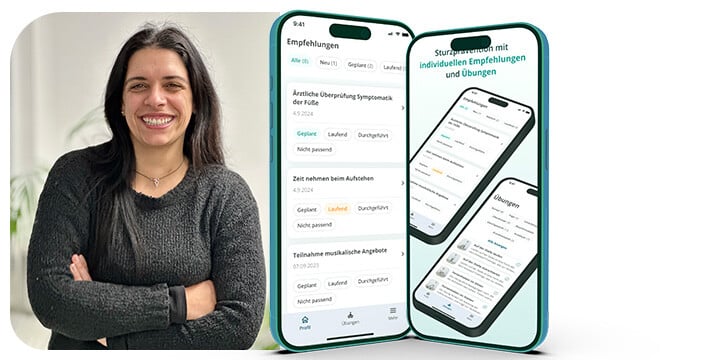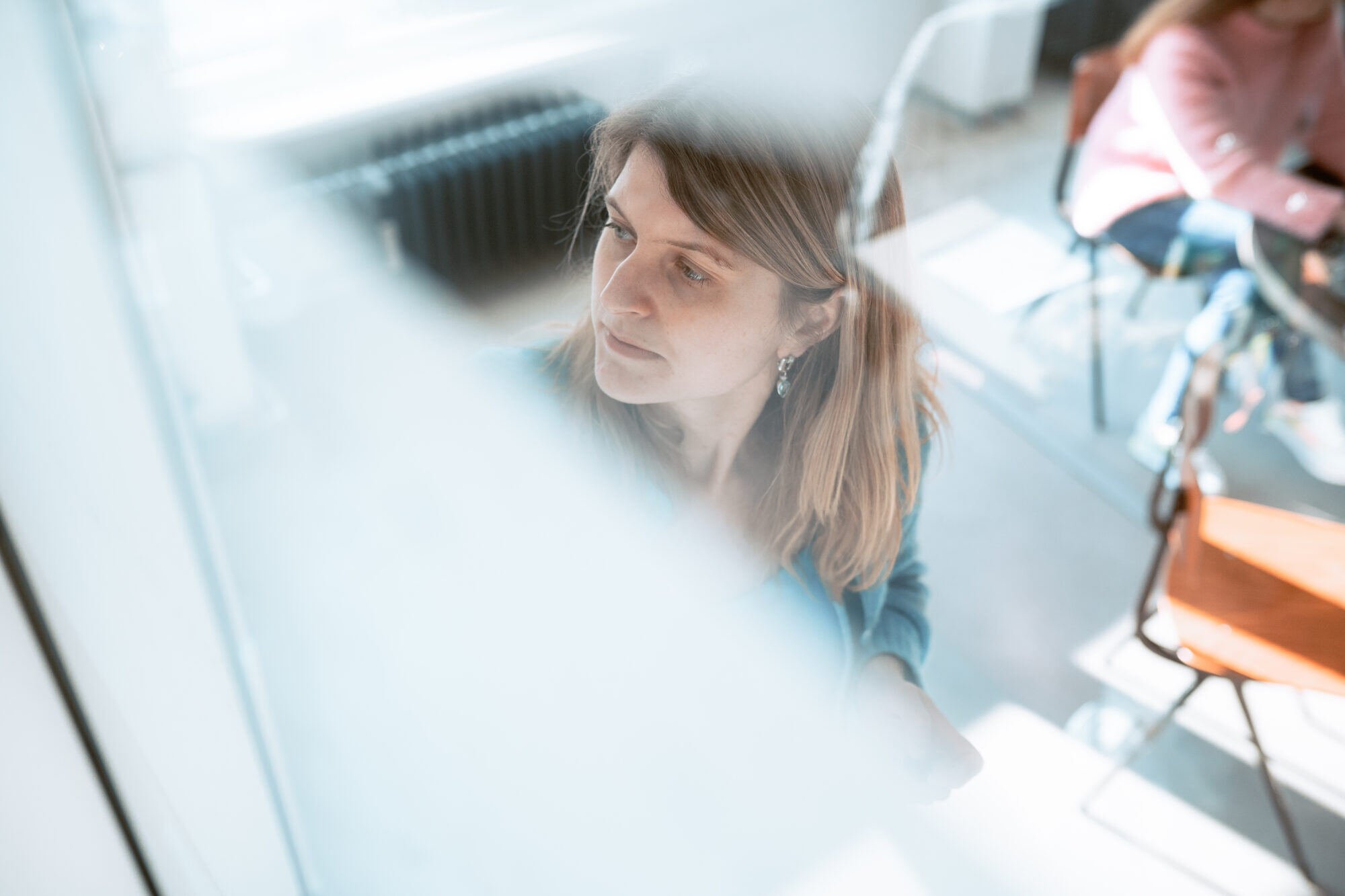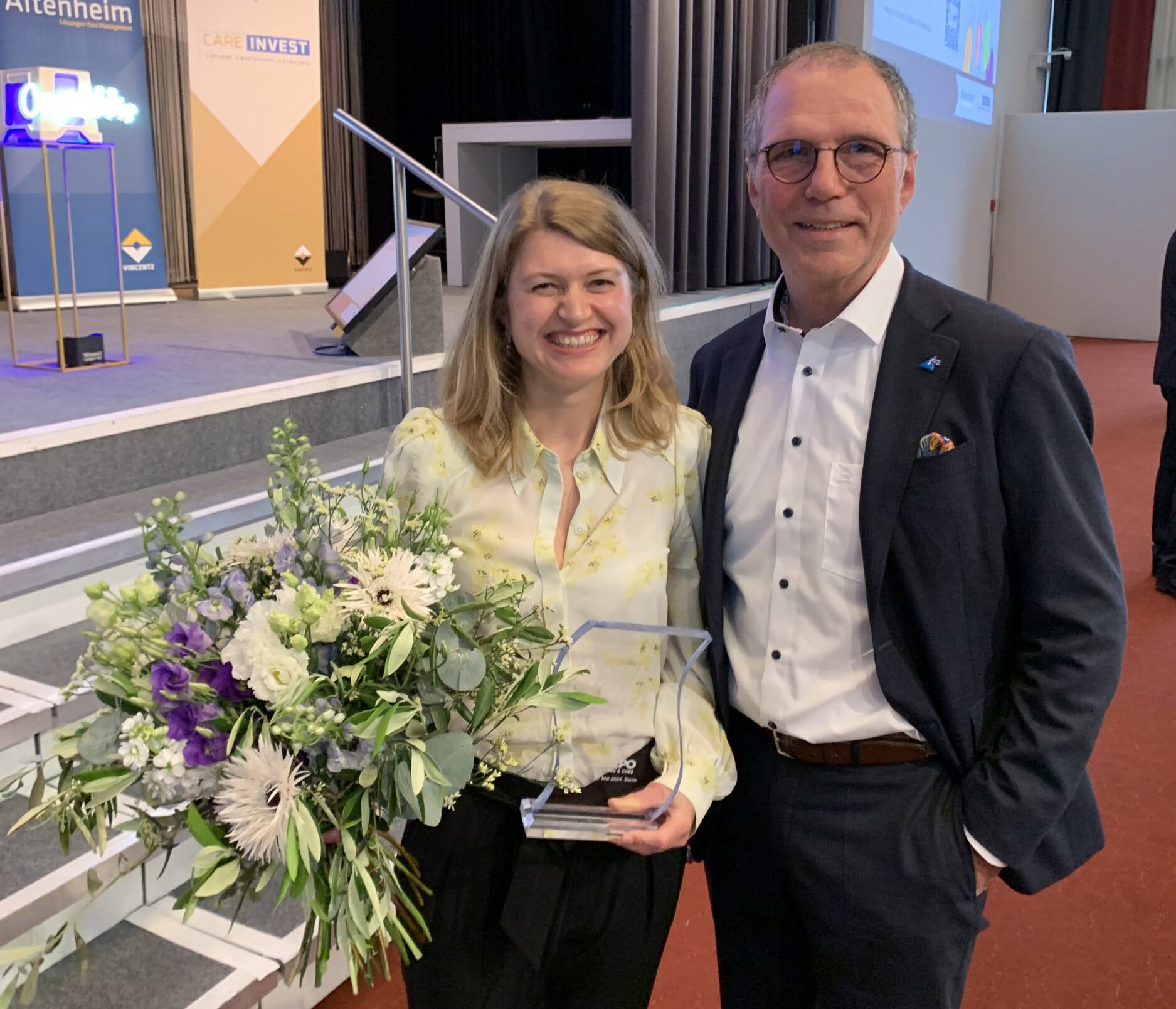
LINDERA lodges an appeal in the first DiPA proceedings - BfArM blocks effective protection against falls in old age

LINDERA files an appeal in the first DiPA proceedings - BfArM blocks effective protection against falls in old age
- Legal requirements ignored: Rejection disregards the DiPA assessment standard and the reality of care.
- Beacon against innovation in the care crisis
- 5 million falls per year: Why Germany's care sector needs digital solutions.
Berlin, December 16, 2024 - On December 10, 2024, the medical device manufacturer LINDERA filed a fully substantiated appeal against the BfArM's rejection of its application for inclusion of the AI-based LINDERA mobility analysis app in the DiPA directory.
The rejection violates the legal requirements for digital care applications. It is a massive blockade of the digitalization of care - with devastating consequences for people in need of care and their relatives.
Care crisis worsens - proven solutions blocked
In Germany, five million senior citizens fall every year, many of them in their own homes:
- According to the Robert Koch Institute, around 30% of people over the age of 65 fall at least once a year.
- Every year, there are 500,000 hospital admissions in Germany that are the direct result of a fall. (German Society for Geriatrics).
The consequences are serious: fractures, permanent restrictions and loss of independence. This not only hurts those in need of care. It also affects their caregiving relatives and the outpatient care services.
This is precisely where the LINDERA mobility analysis app as DiPA comes in: it helps to systematically prevent falls before they happen. Using a simple smartphone camera, the app analyzes movement patterns and combines them with the answers to a digital questionnaire.
The result of each analysis is a comprehensive fall risk assessment with needs-based fall prevention measures.
Pioneer for DiPA and AI in care
LINDERA is a pioneer in digital care: it has taken up the challenge of integrating AI-based solutions into care practice.
In February 2024, LINDERA was the first company to submit a DiPA application for inclusion in the BfArM directory, which has been in existence for more than two years. People in need of care have been entitled to DiPA since 2022. The care insurance fund will reimburse this service as soon as the digital solution is approved by the BfArM .
Diana Heinrichs, founder and Managing Director of LINDERA, explains:
"Our app has been scientifically validated to reduce fall risks, and can therefore make a real contribution to relieving the burden of care. This rejection also shows how much we are standing in our own way in Germany. "
Serious legal and practical mistakes by the BfArM:
1. care declared as a disruptive factor
The legally prescribed integration of the home care context (Section 12 of the DiPA Ordinance) is ignored. Instead, the care context is treated as a separable "confounding variable", which disregards the core of care practice.
The BfArM did not include any recognizable nursing science expertise in the procedure. Instead, the BfArM is pursuing its own product concept, which is intended to replace existing care services - an approach that is neither realistic nor legally compliant.
2. wrong standards applied
The BfArM is incorrectly testing the LINDERA app according to the criteria for medical treatment with digital health applications (DiGAs) in statutory health insurance. Digital care applications are to be evaluated according to the nursing benefit and thus according to other criteria.
3. unclear communication and procedural errors
Five days before the end of the review period, the BfArM suddenly asked 30 additional questions and only then introduced the incorrect assessment standard, which deviates from the statutory standard of nursing benefit .
4. chargeable consultation and contradictory procedure
The BfArM had previously advised LINDERA for a fee. However, the recommendations were used against the LINDERA mobility analysis via app in the subsequent review procedure. This kind of approach undermines trust in the integrity of the procedure.
It is contrary to the political goals of digitizing care and the demands placed on Germany as a business location.
Clarification and social appeal: care is not a "disruptive variable"
The rejection of the LINDERA mobility analysis has far-reaching consequences - not only for the company, but for the entire care sector.
"It's obvious: every fall prevented protects those in need of care, relieves the burden on carers and saves costs. Our app is a step forward for care and at the same time a contribution to a more liveable society. Personally, this situation affects me because I had to experience how one of my grandmothers lost her independence after a fall - an experience shared by many families in Germany. At the same time, we had to lay off more than half of our colleagues, even though we all believe in this vision: in 2030, falls will be a solvable problem in every home. We are not giving up on our goal: Our LINDERA app can and must fundamentally improve care. It can help millions of people to lead a self-determined and safe life at home.",
- Diana Heinrichs Founder and CEO of LINDERA
Sascha Saßen, Chief Quality Officer at Korian Germany:
"There is a permanent crisis in the care sector. Our workload is greater than ever and there is still a lack of real solutions to ease the burden. The fact that not a single DiPA has yet been approved leads to the suspicion that no support for care is desired in this form. As a DiPA, the LINDERA app would be a real ray of hope - it would provide enormous support for those affected in many ways.",
- Sascha Saßen, Chief Quality Officer at KORIAN Germany
Demands: Clear the way for digital care applications
LINDERA calls for the reassessment of mobility analysis via app in accordance with the legally defined DiPA criteria. The care context must be taken into account. Start-ups must be given fair access to the healthcare market.
"Care is the core of our work. We are fighting to sustainably strengthen care with innovations such as our mobility analysis. I also appeal to Federal Minister Karl Lauterbach: support these innovations, finally create the framework conditions so that digital care applications like our app are approved. Care and the people who need it have no more time to lose,"
- said Heinrichs.
About LINDERA
LINDERA GmbH, founded in Berlin in 2017, has established itself in the field of digital healthcare with a focus on computer vision AI for 3D motion analysis.
Its main goal is to prevent falls in older people. Using standard smartphone cameras, LINDERA enables precise gait analyses that identify fall risks at an early stage and enable personalized prevention measures.
This innovative approach significantly improves the safety and quality of life of older people.
The experience gained from working with senior citizens contributes to the continuous improvement of the AI technology, which is now also being used worldwide as a white-label solution in leading medtech companies and universities.
LINDERA combines medical expertise with the latest AI innovations to increase efficiency in digital healthcare.
Contact LINDERA
Modersohnstr. 36
10245 Berlin
Diana Heinrichs
e-mail: Contact form


